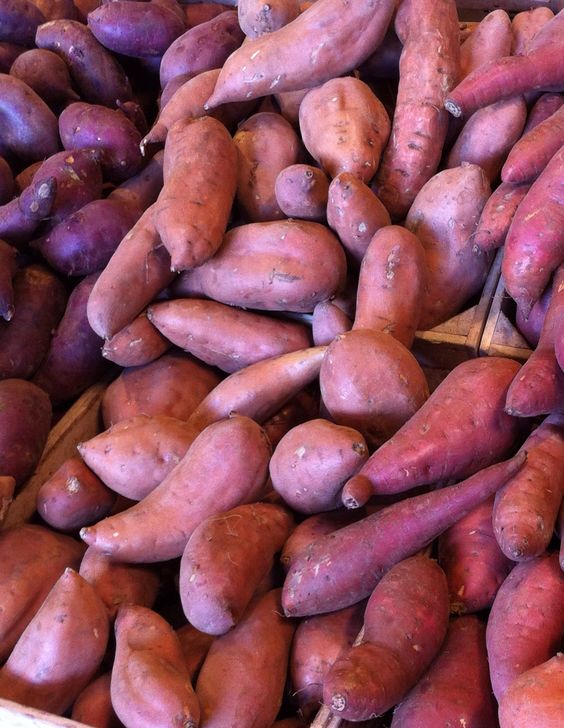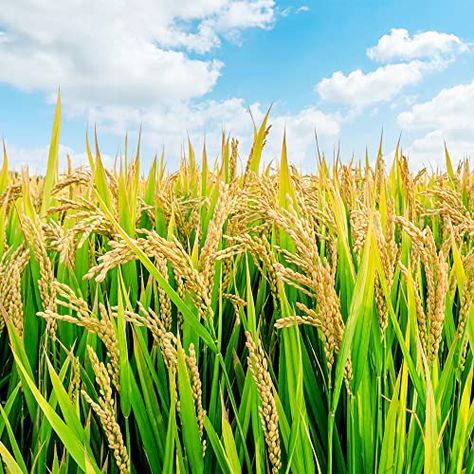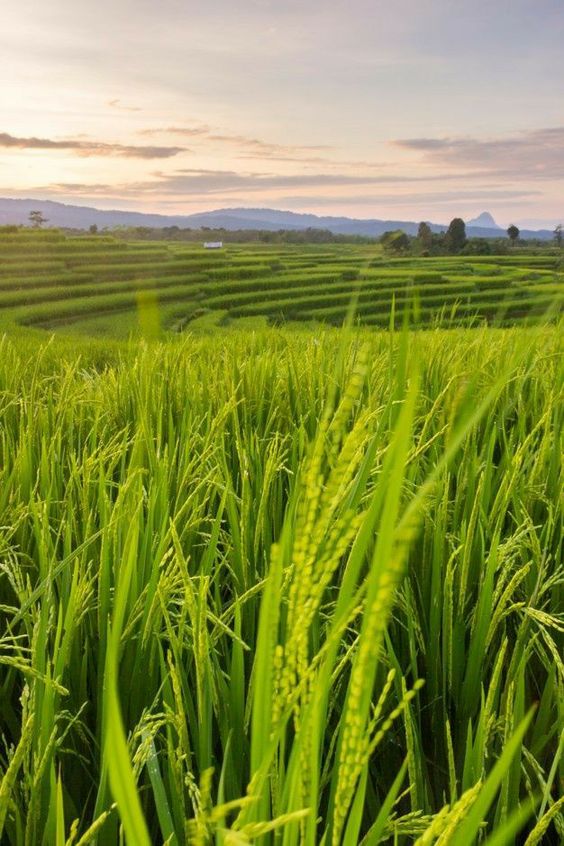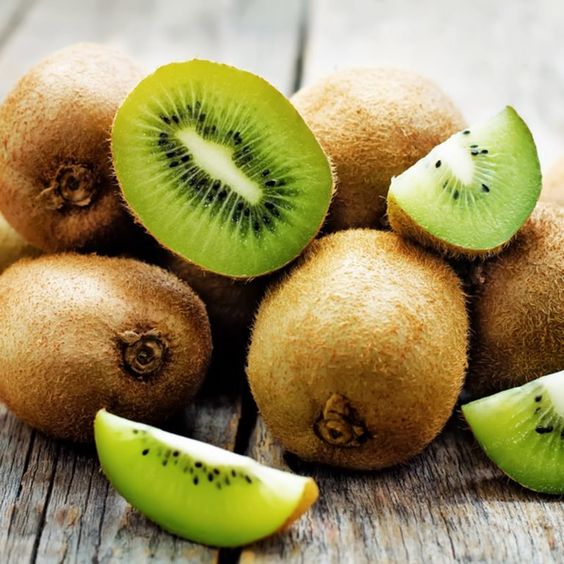Harnessing the Humble Sweet Potato Products: A Smart Agriculture Ally
Sweet Potato Products Smart agriculture, a revolutionary approach to farming, leverages technology and data to optimize crop production. While often associated with high-tech solutions like precision irrigation and robotics, smart agriculture also embraces the power of underutilized crops. The sweet potato, a nutritional powerhouse with remarkable resilience, emerges as a strategic player in this arena. This article explores the intersection of sweet potato products and smart agriculture, highlighting their potential to transform the agricultural sector in Indonesia and beyond.
Contents
The Alluring Allure of Sweet Potatoes
The sweet potato (Ipomoea batatas) is a versatile root vegetable native to South America. Renowned for its vibrant orange color and naturally sweet taste, it boasts an impressive nutritional profile. Sweet potatoes are brimming with vitamins A, C, and B6, dietary fiber, and essential minerals like potassium and iron. Moreover, they are drought-tolerant, adaptable to various soil conditions, and possess high yield potential. These attributes make them a compelling choice for farmers seeking to cultivate climate-resilient and nutritious crops.
Sweet Potato Products: A Spectrum of Possibilities
Beyond its role as a table food, the sweet potato offers a treasure trove of potential products, each contributing to a smarter agricultural landscape. Here are some key examples:
- Starch: Extracted from sweet potato roots, starch finds application in various industries, including food (thickening agents, noodles), textiles (sizing), and pharmaceuticals (binders). Smart agriculture techniques can optimize starch production through efficient harvesting, processing, and waste reduction.
- Animal Feed: Sweet potato forage, the leaves and vines, provides a cost-effective and nutritious feed source for livestock. Smart agriculture practices can involve utilizing sensors and data analysis to monitor livestock health and adjust feed rations accordingly.
- Bioethanol: Fermenting sweet potatoes yields bioethanol, a renewable biofuel. Smart agriculture can contribute by integrating efficient fermentation techniques and optimizing resource utilization throughout the production process.
- Bioplastics: Bioplastics derived from sweet potato starch offer a sustainable alternative to petroleum-based plastics. Smart agriculture can play a role in developing efficient bioplastic production methods and managing associated waste streams.
- Food Fortification: Sweet potato flour can be incorporated into other food products to enhance their nutritional value. Smart agriculture can ensure consistent flour quality through standardized processing techniques and quality control measures.
Embracing Smart Agriculture Practices
Integrating smart agriculture principles unlocks the full potential of sweet potato products. Here’s how:
- Precision Farming: Utilizing sensors and data analysis, farmers can gain real-time insights into soil moisture, nutrient levels, and pest infestation. This empowers them to apply resources like water and fertilizer precisely, optimizing sweet potato growth and yield.
- Climate-Smart Practices: Smart irrigation systems and drought-resistant varieties can help farmers cope with changing weather patterns and water scarcity, ensuring consistent sweet potato production.
- Digital Traceability: Implementing blockchain technology can create a transparent and reliable traceability system for sweet potato products. This fosters consumer trust and facilitates premium pricing for high-quality produce.
- Artificial Intelligence: AI-powered tools can analyze vast datasets to predict crop yields, identify potential diseases, and recommend optimal harvest times. This empowers farmers to make data-driven decisions and maximize sweet potato production.
Sweet Potato Products Context
a nation with a rich agricultural heritage, is well-positioned to capitalize on the sweet potato’s potential. The government’s focus on food security and agricultural diversification aligns perfectly with the benefits offered by sweet potato products. By investing in research, infrastructure, and farmer training programs focused on smart agriculture practices for sweet potato cultivation and processing, Indonesia can:
- Enhance Food Security: Sweet potato’s high yield and nutritional value can contribute to a more secure and diverse food supply, mitigating the risks associated with climate change and population growth.
- Empower Smallholder Farmers: Smart agriculture tools and techniques can be tailored for small-scale sweet potato producers, enabling them to compete effectively in the market and improve their livelihoods.
- Boost Rural Economies: The development of a robust sweet potato product industry can create new employment opportunities in rural areas, fostering economic growth and development.
Conclusion Sweet Potato Products
The humble Sweet Potato Products, often overlooked, emerges as a strategic ally in the smart agriculture revolution. Its versatility, resilience, and diverse product applications make it a valuable crop for farmers seeking to navigate the challenges of the 21st century. By embracing smart agriculture practices, Indonesia and other nations can unlock the full potential of sweet potatoes, ensuring a more sustainable, secure, and prosperous agricultural future. Further research and development efforts focused on optimizing cultivation techniques, processing methods, and product diversification are crucial to fully realize the transformative potential of this remarkable root vegetable.




